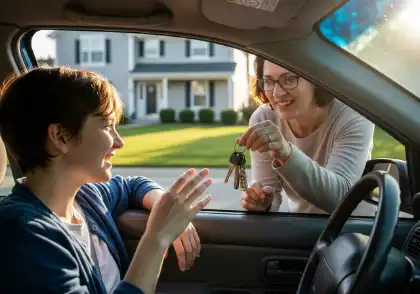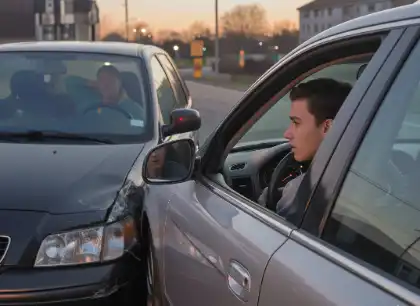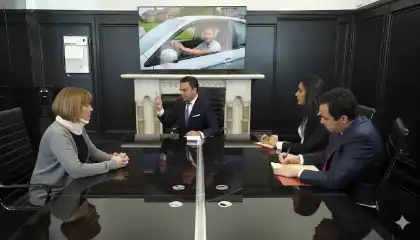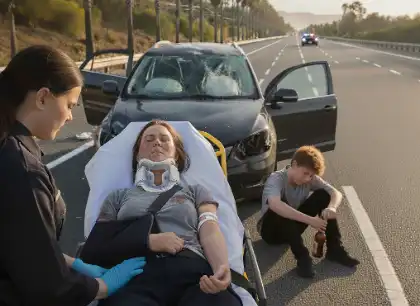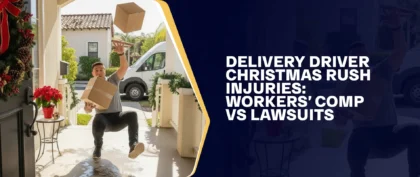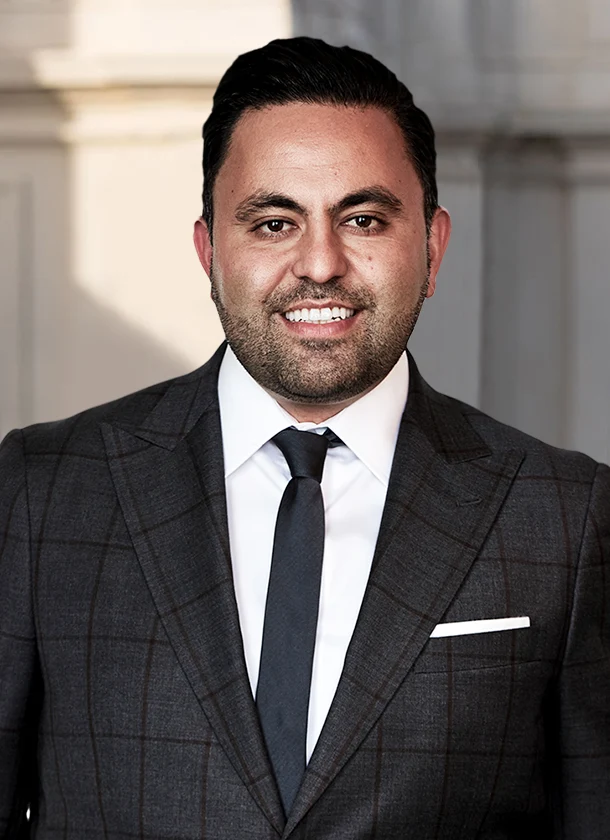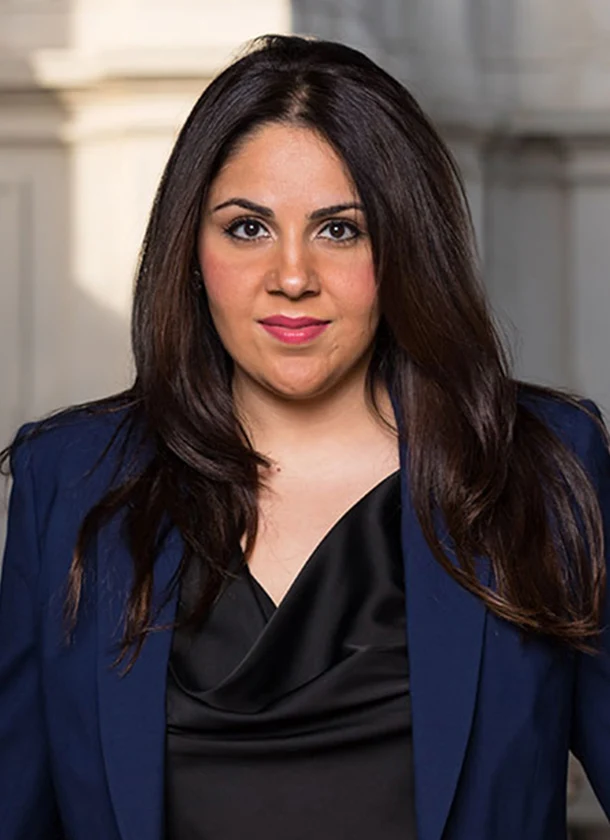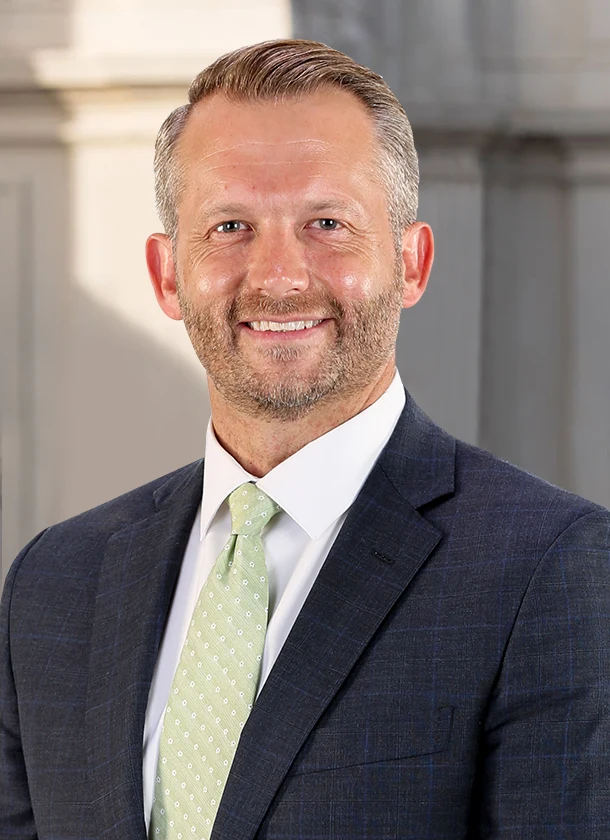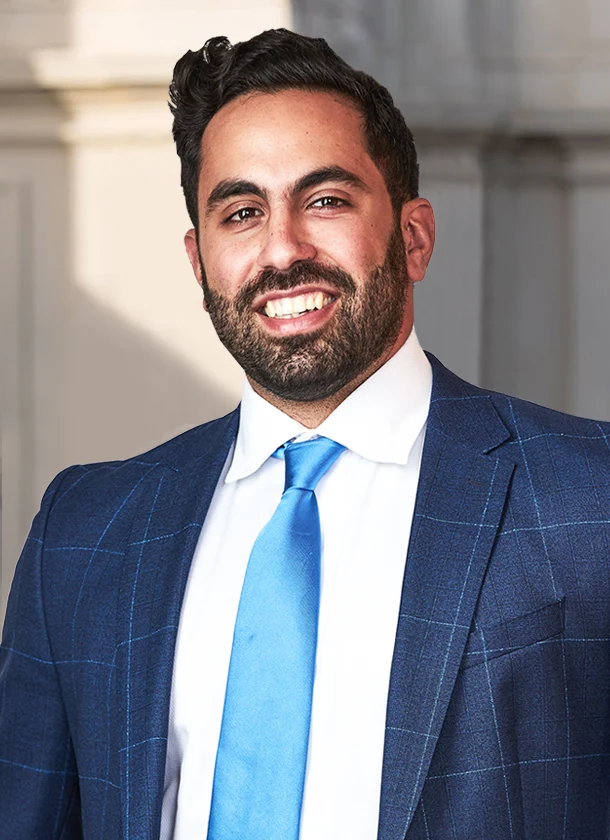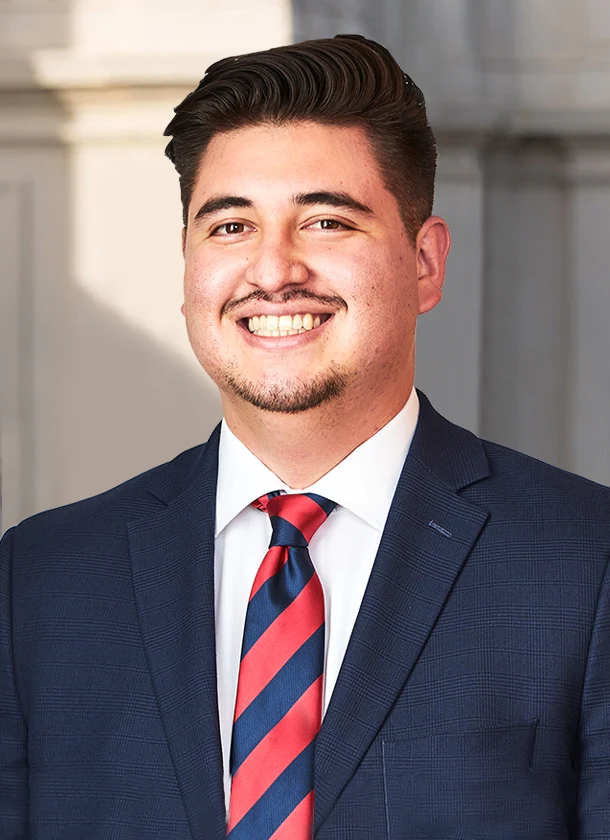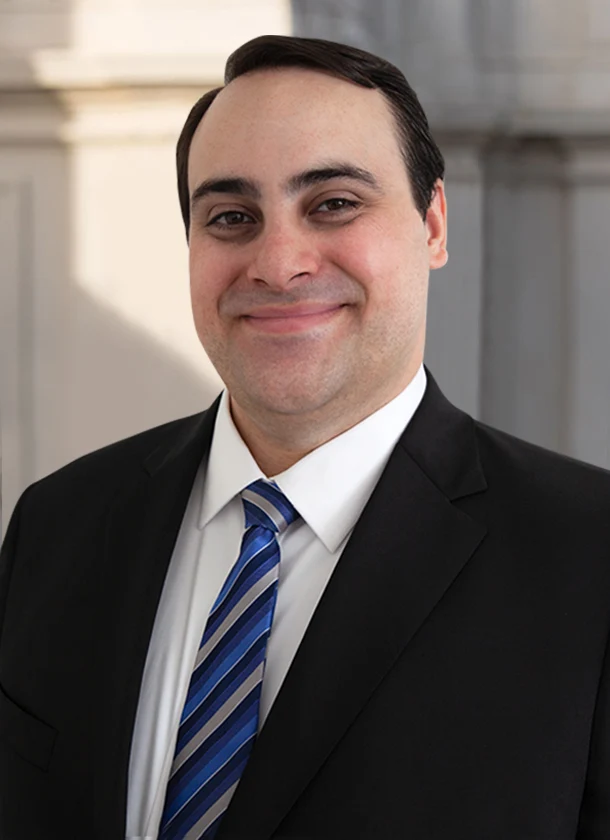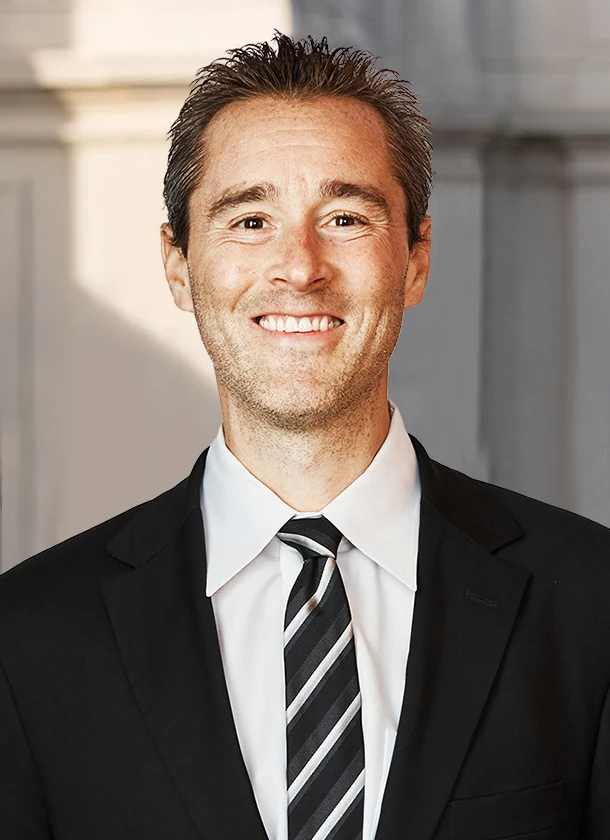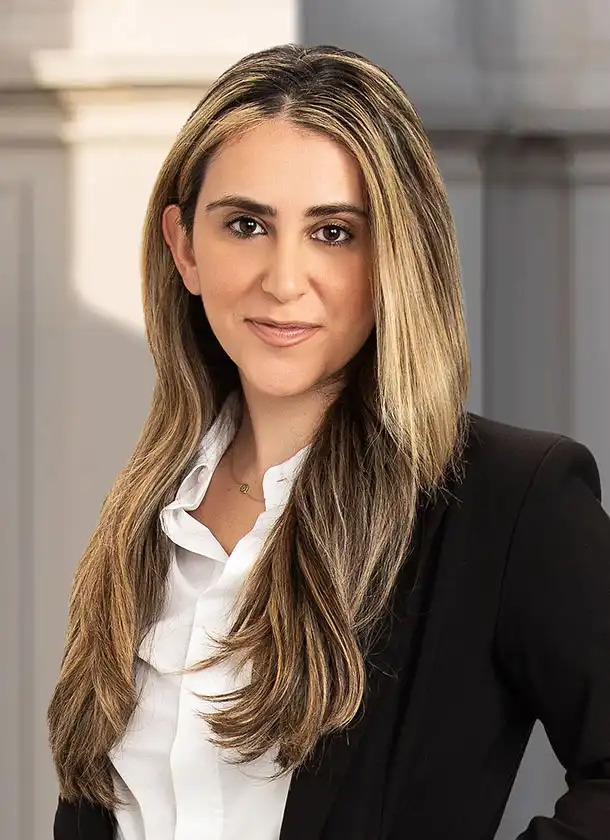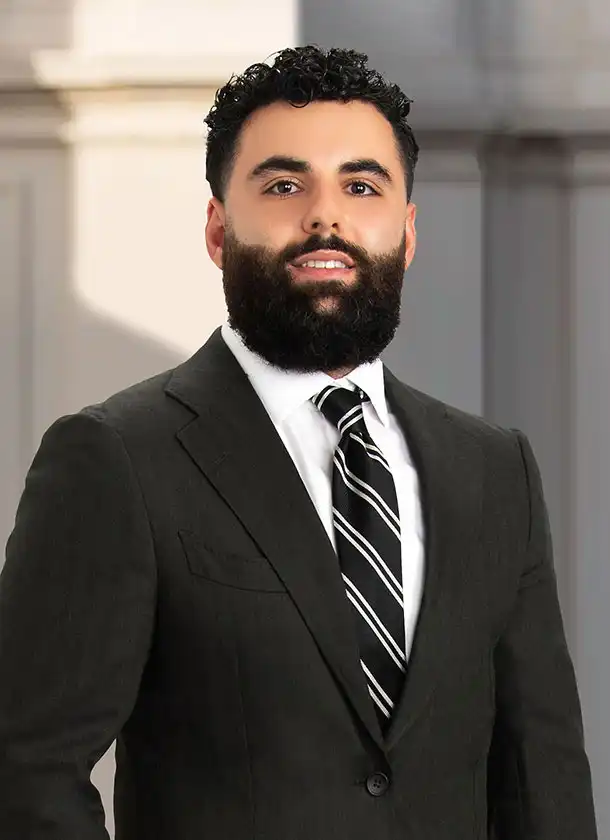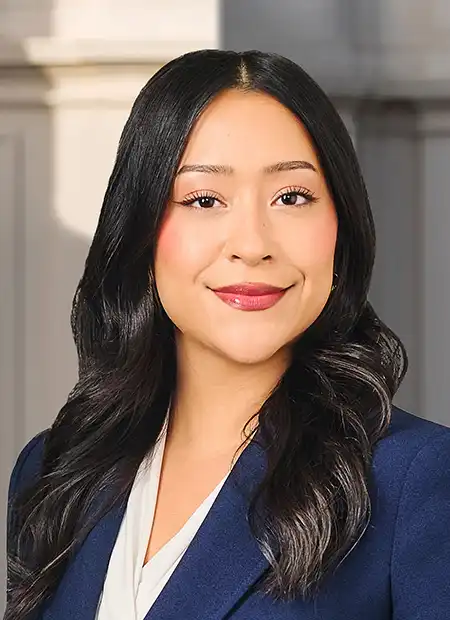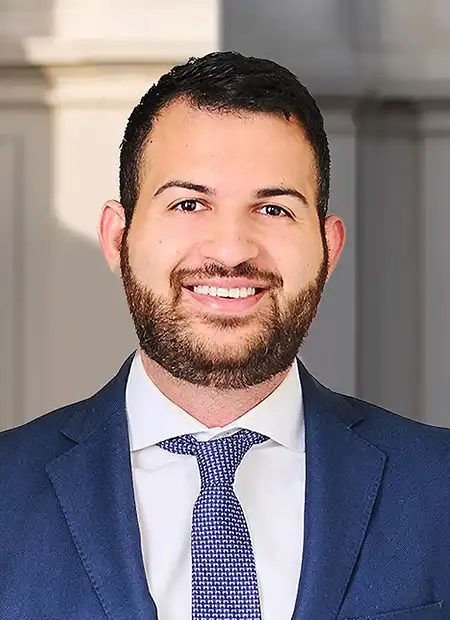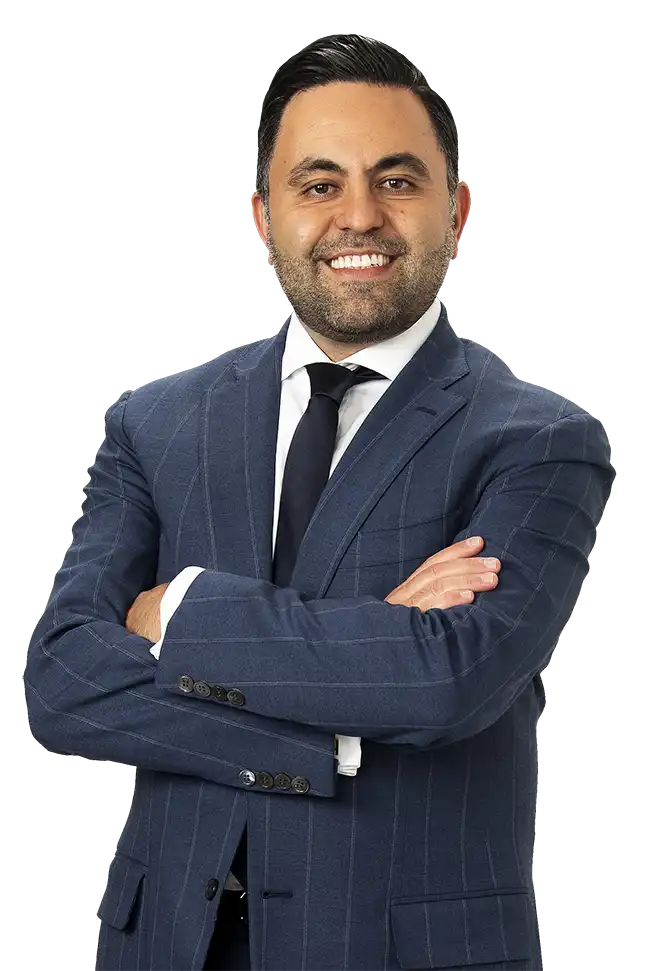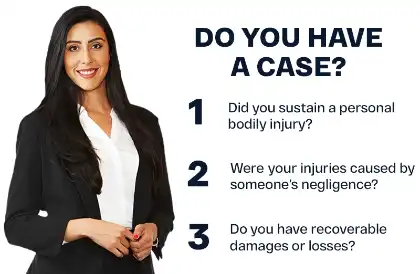TL;DR: In many cases, yes. California law holds parents responsible for car accidents caused by their teenage drivers under specific circumstances. You may face liability if you own the vehicle your teen was driving, if you signed their driver’s license application, or if you allowed an unsafe teen to get behind the wheel despite knowing the risks.
Table of Contents
Teen driving can be risky and may lead to accidents. When a teenager causes a car accident, the question of financial responsibility becomes complicated. Most teens don’t have meaningful assets or their own insurance policies, which leaves accident victims wondering how they’ll recover compensation for medical bills, lost wages, and other damages. California law recognizes this problem and provides several legal pathways that allow injured parties to seek compensation from parents rather than just the teen driver.
In California, parents may be held legally accountable for their teen’s car accidents under certain circumstances:
- If they own the vehicle involved.
- If they signed their teenager’s driver’s license application.
- If they allowed an unsafe teen to drive.
This approach serves an important purpose beyond simply finding someone to pay. It creates accountability for parents who control whether their teenagers drive, what vehicles they access, and under what conditions they’re permitted on the road. Parents typically own the family vehicles and maintain the auto insurance policies that cover those vehicles. When parents make decisions about their teen’s driving privileges, California law recognizes that those decisions carry potential financial consequences.
At Arash Law, we help accident victims find ways to pursue compensation. If a teen driver hits you, you need to understand how parental liability works in California and what legal steps to take afterward. Call us at (888) 488-1391 to schedule a free initial case review to discuss your potential options.
Can Parents Be Held Liable For Their Teen’s Car Accident?
A person injured by a teenage driver might wonder who is financially responsible for their losses. In California, liability doesn’t rest solely with the teen; their parents can also be held accountable. It’s essential to know this if you’re involved in an accident with a teenager. Many teenagers don’t have their own money, but their parents usually own the vehicle or have auto insurance that covers the cost of an accident.
Accident victims may face medical bills, lost income, and other damages. California’s legal framework makes parents responsible for accidents caused by their teens, giving injured parties the opportunity to seek compensation. Understanding the role of parental negligence in a vehicle accident is crucial, as it forms the basis of many liability claims.
Parental responsibility may apply under the following circumstances:
- They own or maintain the vehicle their teen was driving.
- They signed for their minor child’s driver’s license.
- They knowingly allowed an unsafe or reckless teen to use the car.
Your claim is not limited to the teenager involved. You may be able to pursue recovery from the parents’ insurance. In some cases, you can directly pursue payment from the parents themselves.
When Are Parents Liable For Teen Driver Accidents?
When a teenager causes a car accident, California law provides the injured individuals with several ways to hold the parents responsible. These options are important because they expand victims’ options for recovery beyond the teen driver’s ability to pay. These laws exist so that resources are available to cover victims’ accident-related losses.
Here are the main doctrines that may apply to parental liability claims:
“Permissive-Use” (Vicarious) Liability
The permissive use doctrine holds vehicle owners liable when they give someone permission to drive their car, and that person causes an accident through negligent driving. This principle applies whether the owner explicitly says “yes, you can drive” or simply leaves the keys accessible and allows regular use of the vehicle. California’s permissive use statute recognizes that when you own a car and let someone drive it, you’re accepting a degree of responsibility for how they operate that vehicle.
- Key Limits (Caps) — This statute caps vicarious owner liability at:
- $15,000 per person.
- $30,000 per accident for bodily injury.
- $5,000 for property damage.
- Joinder & Collection Order — In a permissive-use case, the driver should be named if possible. You should collect from the driver first, then from the owner.
- Implied Permission — Even without a “yes, you can drive” text, you can still prove implied permission. This may include regular access to the car or past use of the vehicle. This proof can be decisive when parents deny permission.
The permissive-use statute may allow injured individuals to access the parents’ policy, especially if the teen has no assets or financial resources.
These limits do not apply if the victim can prove the owner was negligent in their own right. This includes negligent entrustment claims.
California increased the mandatory auto liability minimums to 30/60/15 in 2025, starting with policy renewals that year. However, the permissive-use caps in Vehicle Code section 17151 remain separate statutory limits, still listed as 15/30/5 in the code. The victim’s actual recovery can surpass the cap if they prove the owner’s independent negligence.
Negligent Entrustment
Parents can be responsible if they allow their teenager to drive when they know it isn’t safe. This principle is called negligent entrustment.
Teens can be unfit to drive for several reasons. For example, they may have a history of reckless driving, such as speeding tickets or past crashes. Some teens may have a record of driving under the influence. This shows they cannot make safe choices behind the wheel. Others may be unlicensed or lack proper training, which makes them a danger to others on the road.
If a parent still allows their teen to drive under these conditions and the teen crashes, the injured person may have the right to hold the parent accountable through a negligent entrustment claim.
Parental-Signature Liability
When a parent signs their teenager’s driver’s license, you may be able to hold them legally responsible if their teen caused the crash. This responsibility remains until the minor turns 18.
Parents may be responsible if they:
- Signed the driver’s license application for their minor child.
- Gave permission for the minor to drive, even without signing the application.
A parent can end this responsibility by requesting that the DMV cancel the teen’s license (using form DL-142).
For victims, this can provide an alternative means of pursuing compensation. If the teen’s insurance or assets are not enough, you may be able to seek payment from the parent who signed or gave permission.
Family Car Doctrine (Not Used In California)
In some states, you can hold a parent responsible simply because a family car was used for household purposes. This principle is called the family car doctrine.
In California, the rules are different:
- The family car doctrine does not apply.
- Victims must use other California laws:
- Permissive use
- Negligent entrustment
- Parental-signature liability
In the Golden State, victims can’t base a claim solely on the “family car” rule. Instead, their attorney may use other California laws to file claims against parents.
Here’s a quick comparison of the doctrines and how they can help an injured victim:
| Doctrine | What It Means for Victims |
| Permissive Use | Lets you seek payment from the car owner’s insurance if the teen had permission to drive. Compensation is limited unless you also prove the parent’s own negligence. |
| Negligent Entrustment | Parents can be fully responsible if they allow an unsafe teenager to drive. No limitations apply since it’s the parents’ own negligence. |
| Parental Signature | If a parent signed or approved the minor’s driver’s license, they can be held liable. Some limits apply, but it creates another path to compensation. |
| Family Car Doctrine | Not recognized in California. Victims must rely on the other three doctrines instead. |
What Lawyers Look For In Discovery
To build a case against a teenage driver’s parents, attorneys gather enough evidence that shows how liability applies. Here are common things we investigate and why they matter:
- Ownership and Permission — Attorneys look at:
- Who owned the car the minor was driving.
- Whether the minor had clear or implied permission to use the vehicle, including keys left out, past use, text messages, or “house rules” about car use.
Proving these factors may support permissive use liability, making the parents’ insurance an option for compensation.
- Driver History Known to the Parent — Next, we check whether the parent knew about unsafe driving behavior by reviewing:
- Records of past accidents or moving violations.
- Tickets for speeding, reckless driving, or DUI.
- Suspensions, lack of a valid license, or substance abuse problems.
The parents’ awareness supports a negligent entrustment claim. It shows the parents knew their teen was unsafe but still allowed them to drive.
- DMV Records — We also review DMV files to see if the parent took legal responsibility when the license was issued, including:
- Who signed the minor’s license application.
- Whether a parent ever filed a DL-142 form to cancel the teen’s license (and when).
These records may provide grounds for parental signature liability, which could identify another responsible adult who may have insurance coverage.
- Insurance Policies — Insurance details often determine how much recovery is possible, so we look for:
- The parents’ auto policy and any umbrella or excess coverage.
- Whether the parents listed the minor on the policy.
Determining applicable insurance policies identifies sources of compensation to cover medical bills, lost wages, and other damages.
- Family Communications & Supervision — Finally, we examine how the parents supervised and communicated with their teen about driving, such as:
- Messages, emails, or statements showing what parents knew about their teen’s driving habits.
- The rules the parents set (or don’t set) at home for using the car.
These details demonstrate parental awareness and responsibility. It can strengthen claims of negligent entrustment or implied permission.
Challenges That May Limit A Victim’s Recovery
Even when a teen driver causes a crash, accident victims may face challenges when pursuing compensation. Various legal or insurance strategies may influence the amount of compensation available to victims.
Common challenges include:
- Limited Insurance Coverage — Teen drivers and their families may carry only minimum coverage, which might not fully cover the victim’s losses.
- Denied Permission — Parents may claim the teen did not have permission to drive. This denial can affect liability under permissive-use rules.
- Blame Shifting — Insurers may argue the victim was partly at fault. In some cases, police reports reinforce this argument. That’s why victims should know what to do if the police blame them for an accident to prevent liability from being unfairly placed on them.
- Canceled Signature — If the parent canceled the license at the DMV, they may try to avoid responsibility under parental-signature liability.
Car accident lawyers can address these challenges. They can explore additional liable parties and pursue claims such as negligent entrustment that exceed insurance caps. Some parents or insurers may try to argue the crash was minor. However, courts still examine whether a fender bender counts as an accident that triggers coverage.
Financial And Legal Consequences For Victims
An accident caused by a teenage driver can create serious financial and legal challenges for injured victims. The ability to pursue compensation often depends on whether the teen’s parents carry insurance that applies to the crash.
Victims may be able to seek compensation for:
- Medical Expenses — Including hospital bills, therapy, and long-term care.
- Lost Income — Wages missed during recovery or reduced ability to work.
- Property Damage — Repairs or replacement of the victim’s vehicle.
- Pain and Suffering — Physical pain and emotional distress caused by the crash.
Parents usually carry the auto insurance that applies in these cases. Without their involvement, victims may struggle to recover enough to cover the full cost of the accident.
When Victims Should Seek Legal Advice
Victims injured in a crash caused by a teen driver should seek legal advice if they’re confused about what to do next. A personal injury lawyer can:
- Identify all liable parties, including parents who signed the license, gave permission, or negligently entrusted the vehicle.
- Handle negotiations with insurers who may try to reduce or deny compensation.
- Manage medical records, evidence, and legal deadlines.
Our attorneys have experience with cases involving negligent drivers and their parents, allowing victims to focus on their recovery. To safeguard their case, victims should avoid talking to the insurance company before hiring a lawyer.
The car accident attorneys at the AK Law Firm can help. Call (888) 488-1391 for a free initial consultation. Our lawyers can review your case and explain the potential legal options available to you.
Parents’ Quick Guide For Teen Driving Safety
Helping your teenager stay safe on the road starts long before they turn the key. With the right mix of clear rules, consistent guidance, and modern tools, parents can significantly reduce the risk of accidents while building responsible driving habits.
Set Clear Expectations from Day One
Talk openly about the dangers of speeding, distractions, and impaired driving. Create firm guidelines about when and where your teen can drive:
- Limit nighttime driving and the number of passengers in the car.
- Enforce a strict no-texting or phone use policy.
Invest in Proper Driver’s Education
Enroll your teen in a certified driver’s education or advanced safety course. Emphasize defensive driving skills, not just passing the driving test. Practice together in different conditions: rain, highways, and nighttime driving.
Leverage Technology for Safer Travel
Modern tools can help parents stay informed and give teens safer alternatives. For example, Uber’s new program for underage passengers allows parents to create supervised accounts for teens aged 13–17. It’s a smart option for longer or late-night rides when you’d rather not have your teen drive alone.
Lead by Example
Teens mirror what they see. Make sure to model calm, responsible driving. Always buckle up, avoid distractions, and follow the rules you expect them to follow.
Frequently Asked Questions About Teen Driver Liability
Am I Responsible If My Teenager Has A Car Accident?
Parents are not always automatically responsible, but California law provides several ways they may be held liable:
- Signing the License Application — Parents who sign take legal responsibility for their teen’s negligent driving until the child turns 18.
- Giving Permission to Use the Car — If the teen had permission to drive the vehicle, the parents may be liable.
- Allowing Unsafe Driving — Parents who knowingly let an unfit teen drive can be held accountable.
Teen drivers typically have no assets and often have limited or no insurance of their own, but their parents usually own the car and carry the auto policy that applies. In some cases, parents may also have umbrella coverage or other resources. These rules can give victims a path to seek compensation for medical bills, lost income, or long-term care.
Can Victims Sue The Parents If A Teen Caused The Crash?
Yes. Suing the parents can provide an opportunity to access their insurance coverage and assets. If a teenager causes an accident, the victims may be able to bring a claim against the parents. In practice, this often means:
- Parents are added to the lawsuit if they own the car, gave permission to their teen to use it, or allowed an unsafe teenager to drive.
- The parents’ insurance is usually the primary source of coverage, as teens rarely have sufficient insurance on their own.
- Courts consider factors such as who owns the car and the teen’s driving history to determine whether parents share responsibility for the teen’s actions.
Which Insurance Pays If A Teen Driver Hits A Victim?
Insurance coverage usually starts with the parents’ policy:
- Auto insurance of the car’s owner typically applies if the teen had permission to drive.
- Umbrella or excess policies may provide additional coverage for larger claims.
- The victim’s own UM/UIM coverage may provide additional assistance if the parents’ coverage is insufficient.
Identifying all available policies is crucial to seeking compensation.
What If The Teen Was Reckless Or Driving Under The Influence?
Reckless behavior can strengthen liability against the parents or guardians of the teenage driver who caused the accident. Proof of street racing, driving distractions, or DUI may show that the teen was unfit to drive. Parents who are aware of their teen’s risky behavior but still allow them to drive may be sued under the theory of negligent entrustment.
Why does it matter for victims? Establishing reckless conduct may help demonstrate the parent’s independent negligence beyond the scope of permissive use liability.
What Happens If The Teen Has No Insurance Or Assets?
Even if the teen is uninsured or has few resources, victims still have options:
- Parents’ liability through permissive use, signature liability, or negligent entrustment.
- Victim’s UM/UIM policy as backup coverage.
- Other potential parties, such as rideshare companies, employers, or vehicle owners, if involved.
These legal options help victims pursue compensation when a teenager is found liable for an accident.
Do Victims Need A Lawyer After Being Hit By A Teen Driver?
It is not mandatory, but strongly advised. Teen driver accident cases are complex because of multiple liability rules and insurance caps. Here’s how a lawyer can help:
- Lawyers identify potentially liable parties, including parents and vehicle owners.
- They challenge disputes and review settlement offers.
- They manage evidence and deadlines to strengthen the case.
You may be asking, “Do I need a personal injury lawyer?” or looking for free accident lawyer advice after an accident. Legal representation can help victims understand and pursue their available legal remedies.
Get Legal Help After An Accident With A Teen Driver
Accidents involving teenage drivers can leave victims with medical bills, lost income, and long-term recovery needs. Data from the Centers for Disease Control and Prevention (CDC) shows that in 2020, about 2,800 teens were killed and 227,000 suffered injuries in crashes.
Accident victims may face high medical bills, lost income, and other injury-related costs. Teens often lack the resources to cover these costs, but parents may be held financially responsible through legal theories such as permissive use, negligent entrustment, or parental-signature liability.
Victims do not have to face these challenges alone. An experienced personal injury lawyer can help you investigate the accident, gather evidence, and pursue potential compensation.
Arash Law has represented injured people across California in complex accident cases involving teen drivers and their families. We work on various traffic accident cases, including those caused by distracted driving, speeding, and other driver errors. Our lawyers also handle pedestrian accidents, truck collisions, and rideshare incidents. Call (888) 488-1391 or fill out our “Do I Have A Case?” form to discuss the facts of your case in a free, no-obligation case review. We represent clients on a contingency fee basis. Under this arrangement, you pay no attorney’s fees unless we obtain compensation for your case. There are, however, certain case-related costs that can still come up, and you may be responsible for those charges even if the result isn’t in your favor.

